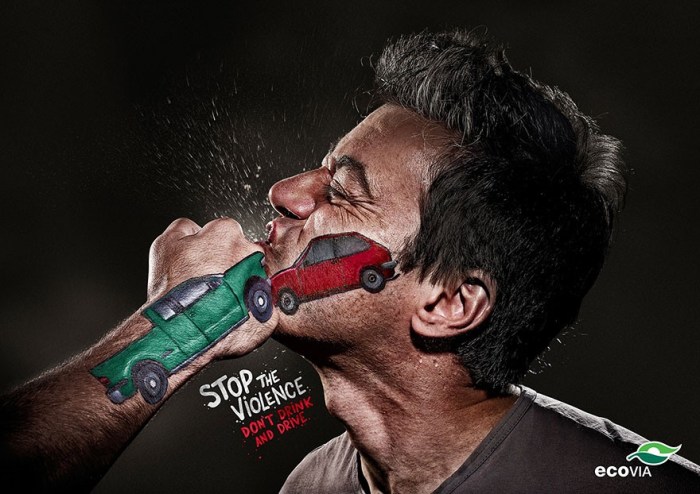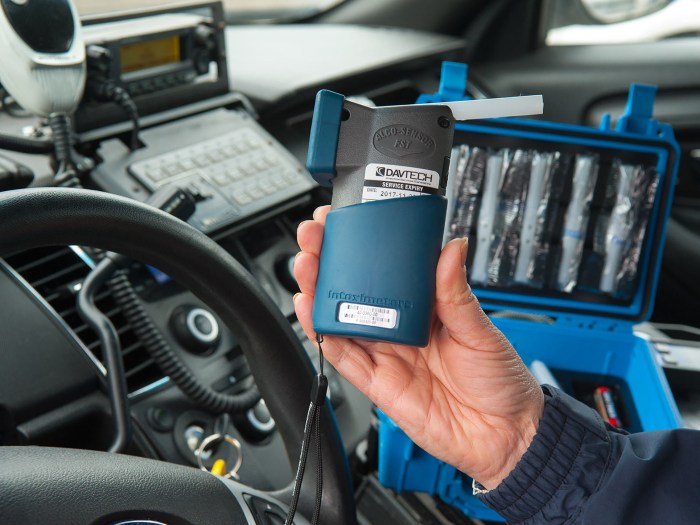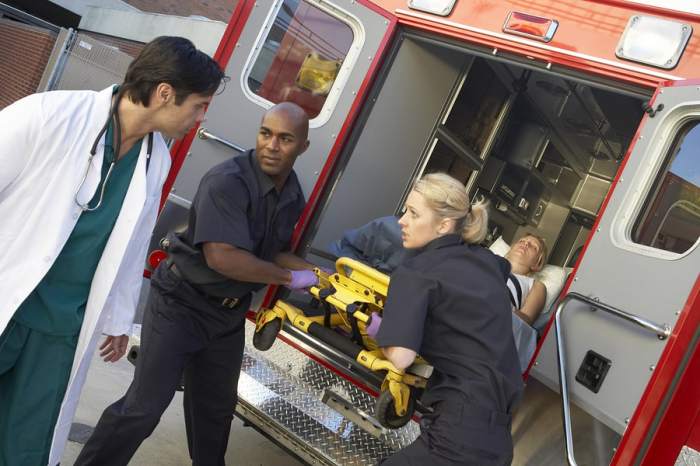How much do alcohol related crashes cost florida every year – Alcohol-related crashes exact a staggering toll on Florida, imposing a heavy financial and societal burden. This article delves into the economic costs, societal impacts, and prevention strategies associated with these preventable tragedies, highlighting the urgent need for effective measures to mitigate their devastating consequences.
Alcohol-Related Crash Statistics

Alcohol-related crashes remain a significant concern in Florida, accounting for a substantial proportion of traffic fatalities and injuries. According to the Florida Department of Highway Safety and Motor Vehicles (FLHSMV), in 2021, there were 4,142 alcohol-related crashes in the state, resulting in 2,537 injuries and 353 fatalities.
This represents approximately 26% of all traffic crashes in Florida during that year.
Economic Costs
Alcohol-related crashes impose a substantial economic burden on the state of Florida. These costs encompass a wide range of expenses, including:
- Medical expenses:Alcohol-related crashes often result in severe injuries, requiring extensive medical treatment and rehabilitation. These costs can range from hospital stays and surgeries to ongoing therapy and care.
- Property damage:Alcohol-impaired drivers frequently cause property damage to vehicles, infrastructure, and other property. These costs can include vehicle repairs, road repairs, and damage to buildings or other structures.
- Lost productivity:Alcohol-related crashes can lead to lost productivity due to missed workdays, reduced work efficiency, and premature death. These costs can impact both individuals and businesses.
Societal Impacts

Beyond the economic costs, alcohol-related crashes have profound societal impacts:
- Loss of life:Alcohol-related crashes are a leading cause of preventable deaths in Florida. The loss of life not only affects the victims but also their families, friends, and communities.
- Injuries:Alcohol-related crashes can result in serious injuries, including traumatic brain injuries, spinal cord injuries, and other life-altering conditions. These injuries can have long-term physical, cognitive, and emotional consequences.
- Emotional trauma:Alcohol-related crashes can cause significant emotional trauma for victims, their families, and witnesses. The trauma can manifest in various forms, including post-traumatic stress disorder (PTSD), anxiety, and depression.
Prevention and Mitigation Strategies

Several prevention strategies aim to reduce alcohol-related crashes in Florida:
- Sobriety checkpoints:Law enforcement agencies conduct sobriety checkpoints to deter drunk driving and remove impaired drivers from the road.
- DUI patrols:Police officers conduct DUI patrols to identify and apprehend drunk drivers. These patrols often involve traffic stops and field sobriety tests.
- Public awareness campaigns:Public awareness campaigns educate the public about the dangers of drunk driving and promote responsible drinking habits.
- Ignition interlock devices:Ignition interlock devices are installed in vehicles of convicted drunk drivers. These devices require the driver to provide a breath sample before starting the vehicle.
| Prevention Strategy | Effectiveness |
|---|---|
| Sobriety checkpoints | Effective in deterring drunk driving and reducing crashes. |
| DUI patrols | Effective in apprehending drunk drivers and reducing crashes. |
| Public awareness campaigns | Somewhat effective in changing attitudes and behaviors, but limited impact on crash reduction. |
| Ignition interlock devices | Highly effective in reducing recidivism and crashes among convicted drunk drivers. |
Role of Law Enforcement: How Much Do Alcohol Related Crashes Cost Florida Every Year

Law enforcement plays a crucial role in preventing and responding to alcohol-related crashes:
- Sobriety checkpoints and DUI patrols:Law enforcement agencies conduct sobriety checkpoints and DUI patrols to deter drunk driving and apprehend impaired drivers.
- Traffic enforcement:Law enforcement officers enforce traffic laws, including speed limits, stop signs, and other regulations, which can help reduce the risk of alcohol-related crashes.
- Crash investigation and response:Law enforcement officers investigate alcohol-related crashes, collect evidence, and determine the contributing factors.
Q&A
What is the annual cost of alcohol-related crashes in Florida?
Alcohol-related crashes cost Florida billions of dollars each year, with estimates ranging from $2.6 to $5.3 billion.
What percentage of crashes in Florida are alcohol-related?
Approximately 30-40% of all crashes in Florida involve alcohol impairment.
What are the major economic costs associated with alcohol-related crashes?
The economic costs include medical expenses, property damage, lost productivity, and insurance costs.
What are the societal impacts of alcohol-related crashes?
The societal impacts include loss of life, injuries, emotional trauma, and strain on the healthcare system.
What are some effective prevention strategies for reducing alcohol-related crashes?
Effective prevention strategies include sobriety checkpoints, DUI patrols, public awareness campaigns, and driver education programs.